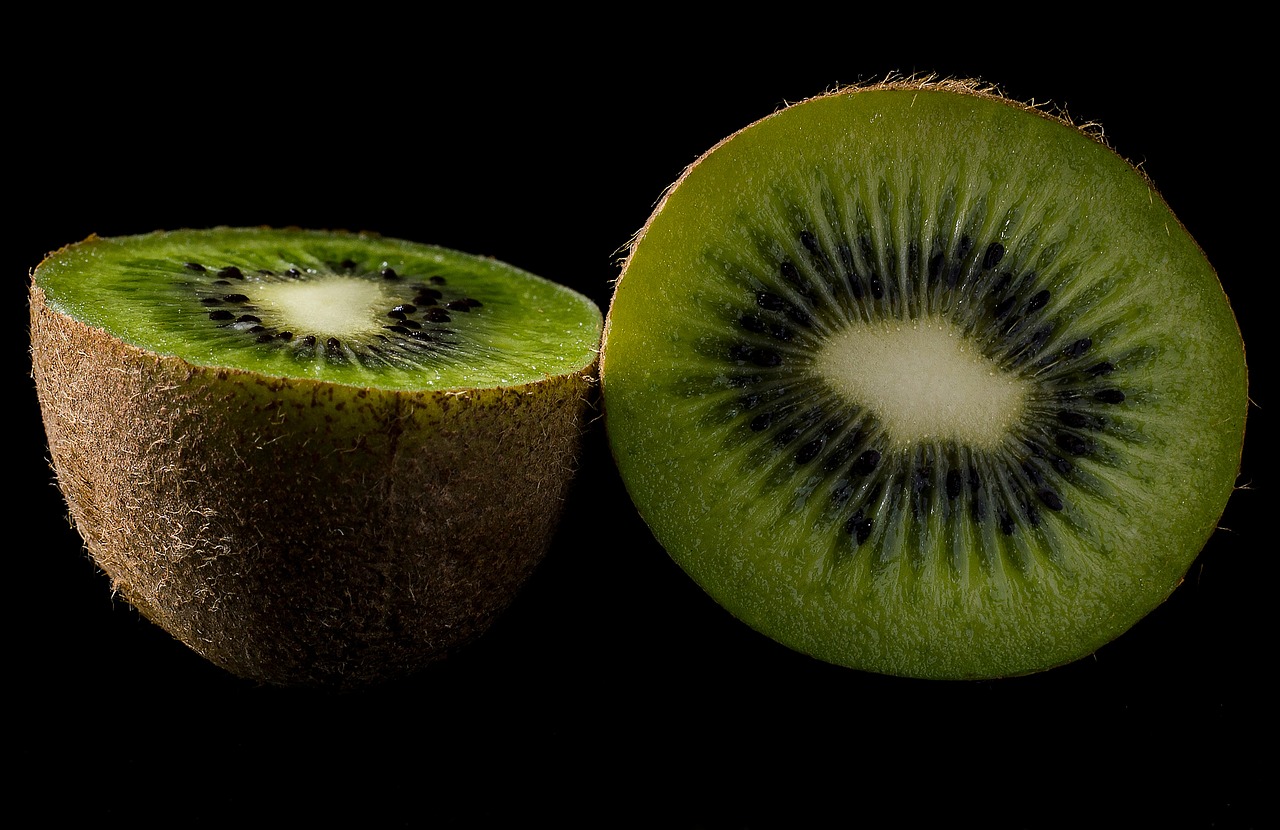As the world becomes increasingly aware of the impact of food choices on health, the environment, and animal welfare, the plant-based diet is gaining popularity. This dietary approach, rich in fruits, vegetables, grains, legumes, nuts, and seeds, offers an array of benefits that extend beyond mere nutrition. Whether you’re considering a full transition to plant-based eating or simply looking to incorporate more plant-based meals into your day-to-day life, understanding the intricacies of this diet can help you make informed decisions. In this post, we delve deep into what a plant-based diet entails, its benefits, practical tips for implementation, and common misconceptions.
What is a Plant-Based Diet?
A plant-based diet predominantly consists of foods derived from plants, but it doesn’t necessarily mean that you must completely eliminate animal products. Understanding this distinction is crucial.
Defining Plant-Based Eating
- Whole Plant Foods: Focus on whole, minimally processed foods such as vegetables, fruits, whole grains, legumes, nuts, and seeds.
- An Inclusive Diet: A plant-based diet can include small amounts of meat, fish, dairy, and eggs, allowing flexibility.
Types of Plant-Based Diets
- Vegetarian: Excludes meat but may include dairy and eggs.
- Vegan: Eliminates all animal products.
- Pescatarian: Includes fish but no other meats.
- Flexitarian: Primarily plant-based but allows occasional meat intake.
Health Benefits of a Plant-Based Diet
Transitioning to a plant-based diet can profoundly influence your health. Here are some notable benefits:
Weight Management
- Vegans have been found to have a lower body mass index (BMI) and adopt healthier eating patterns.
- Whole foods are lower in calories and higher in fiber, promoting satiety.
Reduced Risk of Chronic Diseases
- Heart Disease: Plant-based diets can lower blood pressure and cholesterol levels.
- Diabetes: A study showed that individuals practicing plant-based diets can reduce the risk of type 2 diabetes by 34%.
- Cancer: Increased intake of fruits and vegetables is associated with a decreased risk of various cancers.
Environmental Impact
The environmental implications of dietary choices attest to the benefits of a plant-based diet:
Lower Carbon Footprint
- Animal agriculture is responsible for 14.5% of global greenhouse gas emissions.
- Shifting to plant-based diets can significantly reduce individual carbon footprints.
Resource Efficiency
- Plant-based foods require less water and land compared to meat production.
- For example, producing a pound of beef takes around 1,800 gallons of water, while a pound of tofu requires only around 300 gallons.
Practical Tips for Embracing a Plant-Based Diet
Making dietary changes can be daunting, but here are actionable steps to ease the transition:
Start Gradually
- Choose one day a week to eat plant-based meals, such as “Meatless Mondays.”
- Slowly replace one meal a day with a plant-based option.
Explore New Recipes
- Experiment with meat alternatives like lentils, chickpeas, and tempeh.
- Try new cuisines known for plant-based dishes, such as Mediterranean or Indian.
- Utilize meal prep to make the process easier and more efficient.
Common Misconceptions about Plant-Based Diets
Despite its growing popularity, certain myths persist:
Plant-Based Diets Are Nutritionally Deficient
- Well-planned plant-based diets can provide all essential nutrients, including protein, iron, calcium, and B12.
- Incorporating fortified foods or supplements can address potential shortfalls.
Plant-Based Eating Is Expensive
- Whole grains, beans, and seasonal vegetables can be affordable options.
- Buying in bulk and planning meals can reduce overall grocery costs.
Conclusion
A plant-based diet offers a wealth of health, environmental, and ethical benefits that are increasingly relevant in today’s world. By understanding what it entails, recognizing its numerous advantages, and debunking common myths, you can make informed decisions that benefit not only yourself but also the planet. Whether you choose to adopt a fully plant-based lifestyle or simply incorporate more plant-based meals into your diet, the journey toward healthier eating is a rewarding one. Embrace the diversity of flavors and nourishment that a plant-based diet brings, and enjoy the positive changes that follow.






